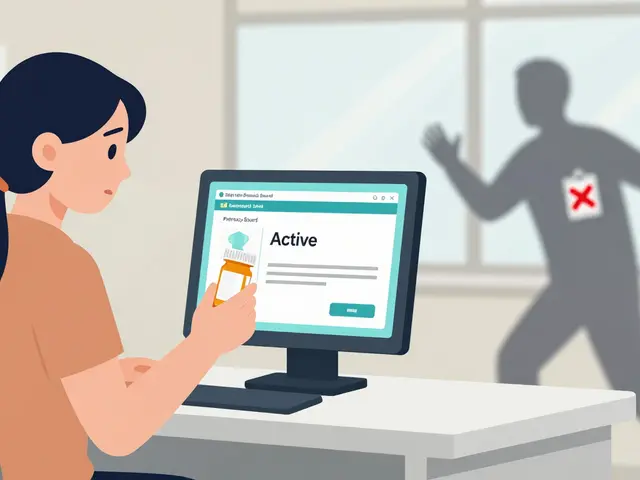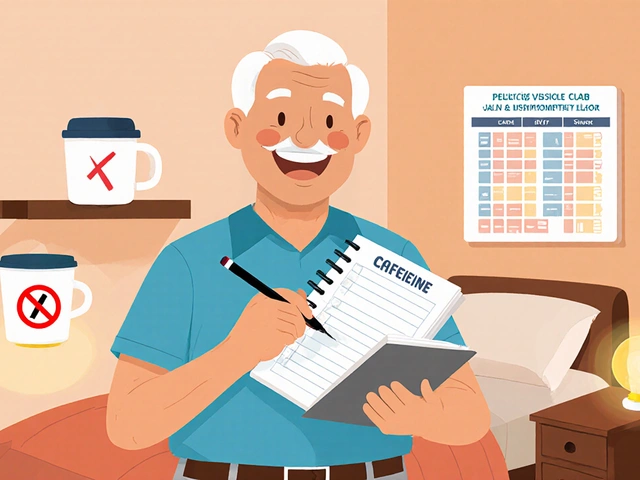At-Home Treatment Tips You Can Use Today
Did you know most people try to fix minor health issues at home before calling a doctor? You can handle many everyday problems with things you already have in the kitchen or bathroom. The trick is to know what works, what doesn’t, and when you should stop and get professional help.
Basic First‑Aid You Can Do Right Now
For small cuts and scrapes, wash the wound with clean water, apply gentle pressure to stop bleeding, and cover it with a sterile bandage. Keep the area clean and change the dressing daily. If you notice swelling or redness spreading, that’s a sign to call a doctor.
Burns can be scary, but a cool (not ice‑cold) water rinse for at least 10 minutes usually eases pain. After cooling, protect the burn with a clean, non‑stick bandage. Avoid popping blisters – they protect the skin underneath.
Home Relief for Common Aches
Got a sore throat? Warm salt water gargles can reduce irritation. Mix half a teaspoon of salt in a cup of warm water and sip or gargle a few times a day. Honey and tea also soothe, but avoid giving honey to kids under one year.
Muscle aches often respond to a cold or warm pack. Ice helps fresh injuries by shrinking blood vessels, while heat relaxes tight muscles after a day’s work. Switch between the two, but never apply a pack directly on the skin – a towel barrier prevents burns.
Headaches can sometimes be eased with caffeine. A cup of coffee or tea may help, but watch your intake – too much caffeine can cause rebound headaches. Hydration matters too; many headaches are just dehydration in disguise.
Skin rashes, like the itchy ringworm you might pick up at the gym, need a different approach. Over‑the‑counter antifungal creams work for many cases, but keep the area clean and dry. If the rash spreads quickly or gets painful, a doctor’s visit is best.
Stomach upsets are often easier than they seem. A bland diet – rice, bananas, toast, and applesauce – gives the gut a break. Ginger tea can calm nausea, and plenty of fluids prevent dehydration. If vomiting lasts more than 24 hours, seek help.
When you’re unsure, a quick check online can give clues, but remember: not every website is trustworthy. Look for sources that cite recent research or are run by medical professionals. If a remedy sounds too good to be true, it probably is.
Finally, remember that home treatment isn’t a substitute for professional care when it’s needed. If you notice fever over 101°F, trouble breathing, severe pain, or symptoms that worsen despite home care, call a healthcare provider. Your safety comes first.

Discover 10 practical home remedies for chest pain. Learn safe techniques for easing discomfort and know when it's smart to see a doctor.





